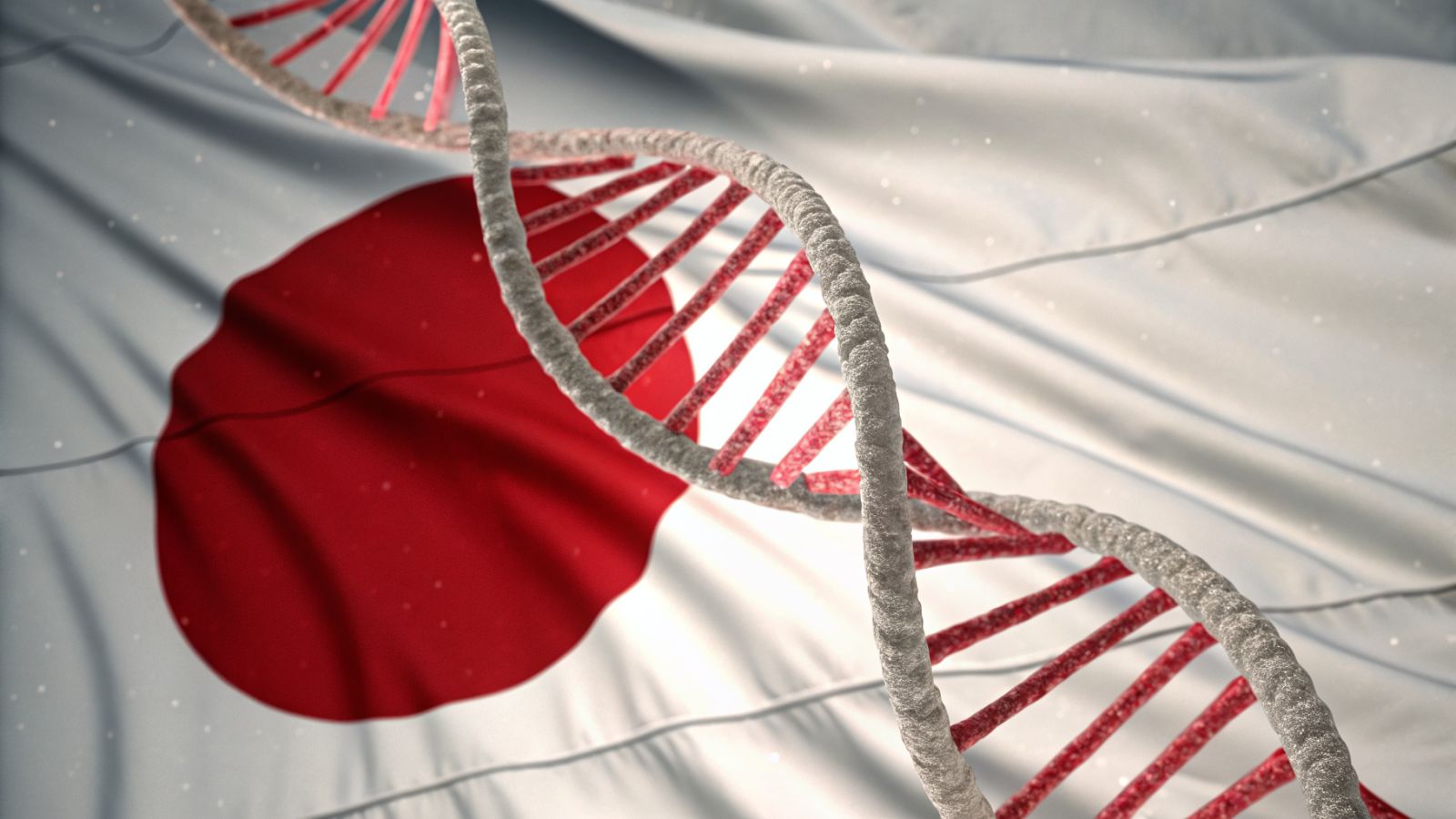A new ancestral lineage discovered in the DNA of Japanese people 🧬
Follow us on Google News (click on ☆)
Researchers at the RIKEN center studied the DNA of over 3,200 people. Their results, published in Science Advances, show that today's Japanese descend from three groups: the Jomon, very ancient hunter-gatherers; migrants from Asia; and a forgotten people, the Emishi.

Each region of Japan received different influences. Okinawa retained many Jomon genes. Western Japan is closer to Han Chinese. And the northeast is marked by the Emishi.
Thanks to advanced techniques, researchers also found very ancient DNA... from Neanderthals and Denisovans.
These ancient genes can impact health. Some may increase risks of diseases like diabetes or heart problems. Others might help with living better at high altitudes or in cold climates.
By better understanding this genetic heritage, doctors can create more effective treatments tailored to each individual.
Who were these Emishi?
The Emishi lived in northeastern Japan a long time ago. They were known for resisting the central power of the time. Their culture was different from other Japanese peoples.
Today, we discover their DNA is still very present, especially in certain regions. This proves ancient Japan was composed of several different peoples.
Even if history books mention the Emishi less, they clearly helped shape today's Japan.
Genes thousands of years old that still influence us
The DNA we carry sometimes comes from very far back in time. Genes inherited from Neanderthals or Denisovans can still play a role. They can be helpful... or cause problems.
In Japanese people, some of these ancient genes are linked to common diseases. Now we can better understand why these diseases appear and how to treat them more effectively.